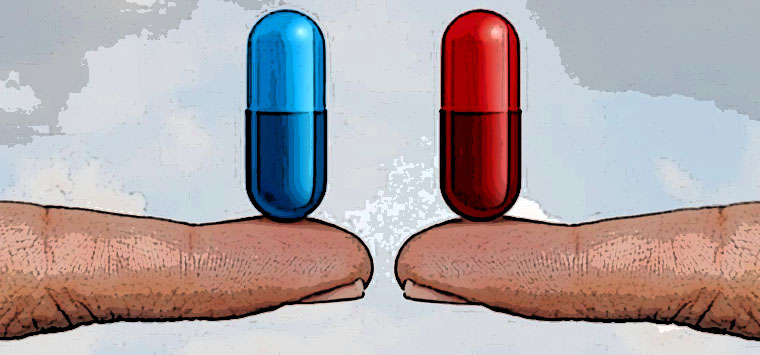Ddl Competition, the impact for healthcare and medicines
Fortune Health – di Carlo Buonamico – 10 novembre 2021
The proposals, which will have to be evaluated and possibly amended by the House and the Senate, range from review and transparency of accreditation and contracting of private structures, to the procedures for the selection of medical management, from the rules on the distribution of medicines, the reimbursement of equivalent medicines, passing through the process of defining the price of medicines and the production system of blood-derived medicines.
In short, there really is something for everyone. But what will it mean for the pharmaceutical sector if the bill were to be converted into a law as formulated by the government?
“The objective of the executive is twofold. On the one hand, the promotion of competition, eliminating barriers that could limit competition between companies. On the other the containment of pharmaceutical expenditure,trying to reduce the cost of medicines. Reducing the cost and maintaining the same investment frees up resources that the State can use to make more products available that can be reimbursed", explains the lawyer Vincent Salvatore professor of EU law and leader of BonelliErede's Focus Team Healthcare & Life Sciences. But that is not all.
One of the most interesting points of the bill is the removing the 'patent linkage' for reimbursement purposes. Currently the patent protection of an originator medicinal product it is linked to the impossibility of obtaining reimbursement for the equivalent drug and, consequently, it delays the timing of its marketing.
As if to say that when an equivalent drug is approved by the regulatory body, it is without prejudice to the rights of third parties. And the same goes for the ability to negotiate its market price. However, extending the removal of the patent linkage also to the possibility of obtaining the reimbursement of the drug while the patent protection of the originality remains, risks distorting the system of protection granted to originator producers, allowing early monetization for the benefit of generics, but also an acceleration of access times to the equivalent drug by patients.
A good news for those who produce equivalents. A 'grind' for originator manufacturers who have invested millions and millions in research and development.
"But the State's interest is all aimed at promoting the placing on the market of lower-priced drugs and expanding the range of products paid for by the NHS at lower costs", he continues Savior.
One wonders what kind and level of pressure interest groups will place on deputies and senators who will have to vote on this bill. And how much the text that will be published in the Official Gazette will follow that of the bill.
“Let's think about when they were liberalize the licenses of taxi drivers or the possibility for the company to manage multiple pharmacies. A competition bill seeks to put everyone on the same level by opening up the market” comments Professor Salvatore. As if to say that it is highly probable that there will not be many changes that will differentiate the final text of the law from that of the bill.
"Certain, the patent linkage rule is the one most at risk. It will be a question of evaluating the behavior of the parliamentarians most sensitive to the needs of the companies producing originator drugs. But the government's intent to be able to balance opposing interests is clear. Which are not only those of those who produce originators or equivalents. But the interest of producers in general and the need of the State to be able to spend less on drugs so as to make more available and for more people”.
However, the effects that the approval of the text could have go even further. “The bill in fact it encourages companies to define the price-refund negotiation procedure as soon as possible. Which today is sometimes delayed by some players. In fact, if the marketing authorization holder (MA) of a medicinal product does not start the price negotiation process within 30 days of obtaining the MA, that product is automatically set to the cheapest product on the market. Thus losing the possibility to negotiate a higher margin”, recalls the expert.
Almost a sanctioning mechanism which, if it were to be followed to the letter by all producers, could lead to Aifa a much more conspicuous amount of dossiers to be evaluated than today and especially in shorter times.
The bill also calls into question the segment of the pharmaceutical distribution. “Today, drug distributors must ensure the availability of at least 90% of AIC-equipped drugs to be ready to meet market demand. The Competition Bill removes this limit and introduces a more flexible parameter, i.e. having a quantity of drugs suitable for satisfying market demand. This means that, depending on market demand, even those who do not reach that 90% can be distributors”, the lawyer explains.
We just have to see what will happen in the back and forth of the bill between the House and the Senate, and which and how many amendments will be made by the technical commissions and voted on by the House. Which, one hopes, is expressed in the exclusive interest of public health as a whole mechanism of being able to find the best balance to reconcile a universal and truly equitable health for all citizens.
Related news: Competition bill. Medicines
